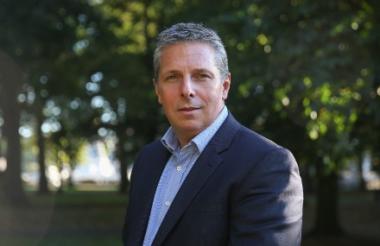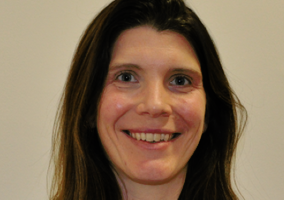The charity sector must transform the way it works with government after a “dreadful” campaign during the pandemic, according to Richard Hawkes.
Hawkes, the chief executive of the British Asian Trust, was speaking yesterday at an event hosted by the charity think tank NPC.
He criticised sector leaders for creating a “secret, self-appointed” group who oversaw a “badly executed” campaign to try and influence government at the start of Covid-19.
Responding to Hawke’s comments, Sarah Vibert, the interim chief executive of NCVO, said that she disagreed with his analysis. She said the campaign, in which NCVO played a major role, was a “really significant achievement” thanks to collaboration in public and behind the scenes.
Marcus Rashford and Captain Tom
Hawkes used his presentation to praise the “amazing things” individual organisations had achieved during the crisis, but added: “I really despair when I look at the performance of our sector, overall as a sector, over the last 18 months.
“Yes there have been endless brilliant examples of brilliant organisations doing brilliant things in individual charities, but where have we been as a sector?
“Charities really could and should have been at the forefront of the national response to crisis and recovery, working in partnership with government from day one, and being seen to be doing so.”
Instead, he argued, most people in the sector were “kept in the dark” about work with government.
Hawkes continued: “We seem to have had some secret, self-appointed umbrella body of all the umbrella bodies, spending a long time trying to work out what to do, what to say and who should say it.
“That then led to what I think can only be described as what was quite a poor campaign that was badly executed and focused far too much on voluntary sector workers – at least the messaging did – than on the people and causes we exist for.”
He stressed that he was not trying to criticise individuals, but argued that overall engagement with government was “dreadful” and that “as a sector we have been badly shown up by a Manchester United footballer and a 99-year-old man walking around his garden”.
Securing government funds
Speaking after Hawkes, Vibert told the event: “This is where I disagree with Richard. I think that the campaign that we ran, as a collaboration of infrastructure bodies, can be regarded as a really significant achievement”.
She added: “I know how much was done behind the scenes, as well as the bits which played out in public.” Vibert said that the £750m government support package for charities, for example, “still wasn’t a done deal” on the day it was set to be announced, and that “there was still influencing to be done” in the final hours by NCVO and others to ensure that treasury funding went ahead.
Given the swift response to growing need at the start of the pandemic, Vibert argued that “far from being shown up by Marcus [Rashford] or Captain Tom, they were actually capturing the spirit of charity and voluntary action which we saw in spades last year”.
Support
Earlier in the event, Yvonne Field, chief executive of The Ubele Initiative, a foundation led by the African diaspora in the UK, said that charities working with people from ethnic minority backgrounds had been “unrecognised, under-the-radar, unsupported group of organisations around the country” before the pandemic, and remained “in a precarious position”.
Field later said she had talked with NCVO last year and hoped to have further conversations soon.
Picking up on this exchange, Hawkes said: “What have all these infrastructure bodies been doing if Yvonne is making the points that she is making now, 18 months later?”
He added: “I think this is the problem. The infrastructure bodies are busier talking to themselves and bickering with each other and having a go at anyone who disagrees with them than they are listening to people who are articulating exactly the challenges that Yvonne has been articulating.”
Vibert responded that a great deal of work had taken place alongside government to coordinate support for Black and minority communities, some of which has continued beyond the height of the crisis.
Related articles











